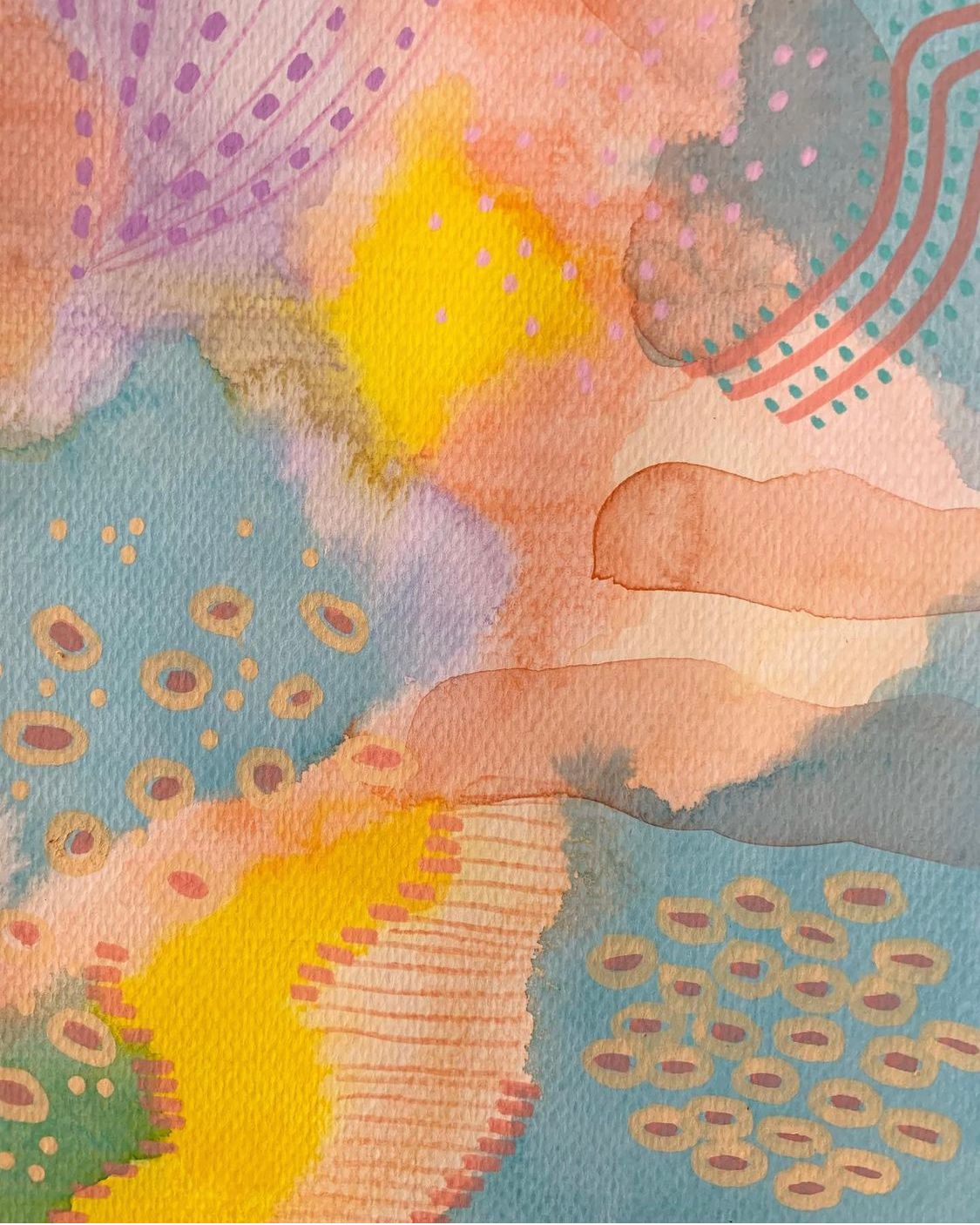Yesterday I received from a friend the speech by actress and screenwriter Michaela Coel (also a singer, songwriter, poet and playwright) at the Emmy Awards ceremony, which took place last Sunday. I didn't follow the awards but I had seen many comments praising her speech when receiving the award for best screenplay in a miniseries or TV movie, which, by the way, she dedicated to survivors of sexual abuse. There are undoubtedly many reasons for all the comments and praise, such as the fact that she is the first black woman to receive such an award and, certainly the series itself, I may destroy you , based on a real experience of sexual abuse.
As I haven't seen Michaela's series, - which I have also heard about very well - I cannot comment on it. I propose here only to make a brief comment on the text of his speech, on what he made me reflect on and where it led me. Told my friend that it's One of those things that we have to reread several times, trying to absorb the power of the words. I was thinking a lot about them and why they are so impactful for so many people.
I wrote a little thing for writers. Write the story that scares you, that makes you feel insecure, that is not comfortable. I dare you. In a world that entices us to navigate through other people's lives to help us better determine how we feel about ourselves and, in turn, feel the need to be constantly visible – for visibility nowadays seems somehow to equate to success – don't be afraid to disappear from it, from us, for a while and see what comes to you in the silence. (...) I dedicate this story to every survivor of sexual abuse ( Michaela Coel ).
One of the first things that catches my attention is that the actress challenges the writer to write precisely that story that makes him uncomfortable, that is, it is an invitation to authorize himself. This is an idea very dear to psychoanalysis, the exercise of authorship. Thus, although Michaela is specifically addressing writers, I think that it can, to some extent, apply to everyone, in what each one feels impelled to do, to create.
The second part, in which the screenwriter talks about how visibility has been taken as a successful correspondent, as well as how much we have been relying on other people's lives to evaluate how we feel about ourselves, could not be more current. We live in a time when we are pressured to expose ourselves more and more, to show ourselves, to show off, with the addition of this comparative element with the life of the other, in which the neighbor's grass always seems greener than ours.
The point at which, in my view, Michaela hooks us is when she summons us to disappear, to become invisible. An invitation from social networks in reverse, in the opposite direction. Disappear, try to be invisible, experience silence. In my Last Post , I addressed, among other things, silence, talking about something that can perhaps only happen in this state of retreat. The actress's speech makes me think exactly that, in a kind of bet that something will happen precisely in invisibility, in the absence of noise and the gaze of the other.
By this I do not propose that we become invisible all the time, ignoring our desire for the opposite, but that we can make this transit, from one point to another and from this to the previous one. May we disappear into silence and then appear again, visible, with something authorial, genuine, and not made, manufactured only to be validated and seen by the other.






